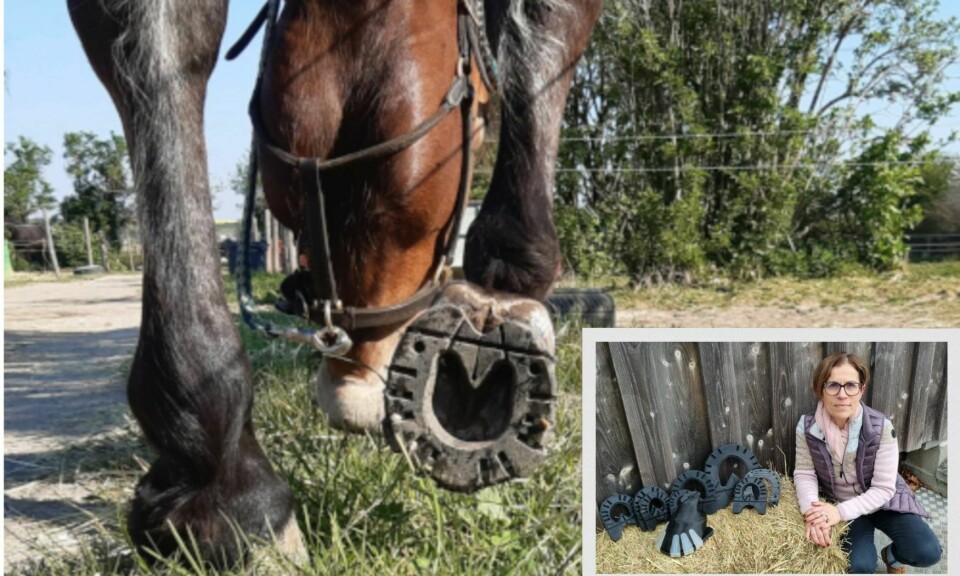-
Seven useful informal French expressions you don’t learn at school
These words will add colour to your spoken French
-
‘Je n’en reviens pas!’: How to use the verb venir in everyday French
Columnist Annaliza Davis looks at the surprising versatility of venir and why it might confuse English-speakers
-
More everyday French supermarket products accused of ‘shrinkflation’
Cordon-bleu, yoghurts, and ham are in the firing line, with prices up to 25% higher for lower quality items
Know your onions with this orderly French phrase
The French term for 'to get in line' has more than one intriguing origin

The French phrase ‘se mettre en rang d’oignons’, translated literally as ‘to get in a line of onions’, refers to a group of people placing themselves into an orderly line. It has two possible origins.
The first dates from the 1580s during the Etats généraux – high-powered state meetings held in Blois, Loir-et-Cher – when King Henri II and later Henri III called huge meetings with deputies and lords to discuss social affairs and policies.
The event organiser, Artus de La Fontaine-Solaro, was the baron of a village called Ognon, Oise (Hauts-de-France) and used to seat guests around tables according to their importance and social role. Thus the expression began to refer to the act of organising people depending on their status. Use of the word ‘Ognon’ was a reference to the man himself and therefore nothing to do with the allium bulb.
Stay informed:
Sign up to our free weekly e-newsletter
Subscribe to access all our online articles and receive our printed monthly newspaper The Connexion at your home. News analysis, features and practical help for English-speakers in France
Another usage of the expression is when referring to people standing in a horizontal line, just like neatly planted onions growing in the ground.
There is also a more nuanced usage of the phrase ‘se mettre en rang d’oignons’ – referring to someone who comes to meetings or events uninvited, imposing his presence and opinions on others.























